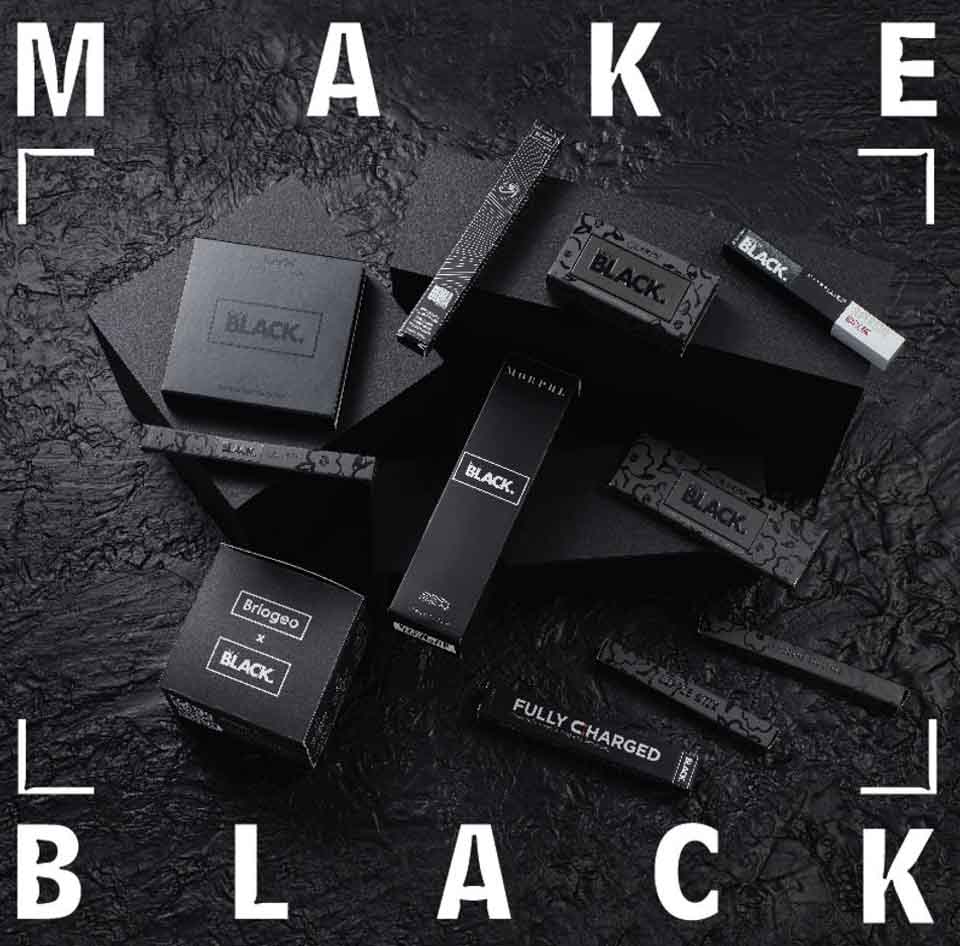
Pull Up For Change’s ‘Make It BLACK’ Campaign Is Redefining What It Means To Be Black And Funding Black Founders Along The Way
When America’s racial awakening first took shape last summer, in the wake of George Floyd’s death, brands of all sizes, ages, and backgrounds pledged their support for the Black community and in many cases, announced new initiatives and donations to turn their words into action. But as nice as it was to see the corporate world finally taking a stand, Sharon Chuter, the founder and CEO of UOMA Beauty, thought that change needed to happen from the inside out. It was with this in mind that she launched Pull Up For Change and #PullUpOrShutUp, a social media campaign that challenged companies to release the total number of Black employees at their companies and to identify the levels at which those employees sit. The movement gained traction immediately, and over the last eight months, it’s led thousands of brands to acknowledge and address their internal shortcomings; however, it’s also shone a light on another issue.
“A lot of the issues that Black people face at work are not a result of conscious bias but are a result of unconscious bias, and unconscious bias is driven by systemic racism,” she explains. “And the only way to offset unconscious bias is to do the opposite and to make a conscious effort to counter it.” For Chuter, that meant completely redefining what it means to be Black, and in order to do that, she dreamt up Pull Up For Change’s next big campaign, Make It BLACK.
“For much of history, we were told it was bad to be Black, so we ran away from it,” the founder says. “There have been some huge improvements, like the capitalization of ‘Black,’ but it is taking some time, and that’s why we have to have this conversation so broadly and openly. This is a goal that goes beyond Black people and really speaks to all of society about how we use the word Black.”
Make It BLACK aims to shift perceptions around what it means to be Black by rejecting the notion that Black is wrong or toxic and instead celebrating the beauty of Blackness.

